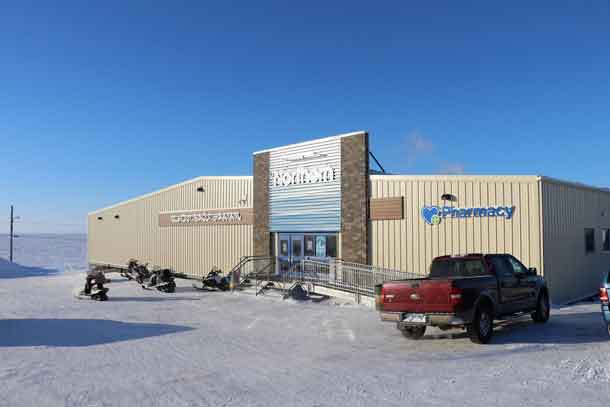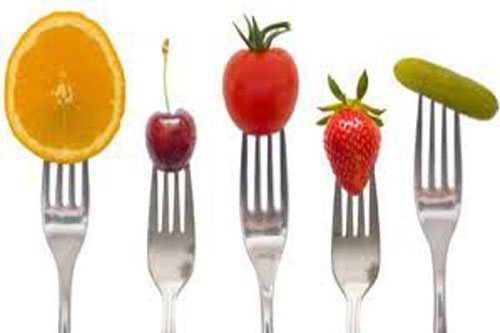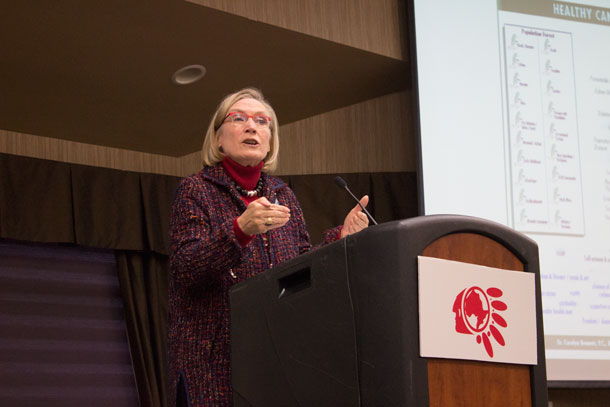
NORMAN WELLS – Carolyn Bennett, Minister of Indigenous and Northern Affairs, issued the following statement today while on her first visit as Minister to the Northwest Territories:
“As Minister of Indigenous and Northern Affairs, I am privileged to have the opportunity to travel in Canada’s North. During my trip I had the pleasure of visiting the wonderful community of Norman Wells and received a warm welcome from its residents.
Today, the Parliamentary Secretary Yvonne Jones and I met with representatives of the Sahtu Dene and Métis and the Inuvialuit, Member of Parliament for the Northwest Territories, Michael McLeod, and registered Nutrition North Canada (NNC) retailers to begin preliminary discussions on how to work together and ensure that isolated northern families have access to affordable healthy food.
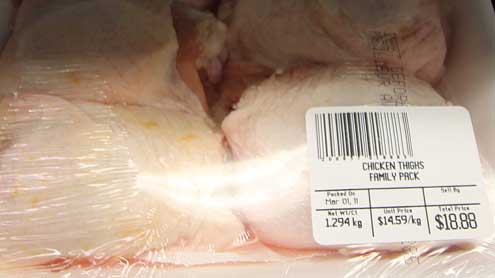
This first meeting marks the important work I’ve been mandated to undertake, along with the Minister of Health, to expand and improve the NNC program. We are taking all of the feedback we are receiving into account and will work with northern remote communities to ensure that the program is more transparent, effective, and accountable to Northerners and other Canadians. Through public engagement meetings in the coming months, we will be exploring and developing solutions developed by Northerners for Northerners.”
Prices for food in many far north communities are subsidized by the federal government under the Nutrition North Program.
Prices across Northern Canada for many grocery staples are incredibly high compared to prices in the south.

While some place the blame on the federal government, and others place the blame on the stores in the north, perhaps the real issue is the cost of energy in the north. For many communities across Northern Canada electric power is generated by diesel powered generators. The price of a litre of diesel fuel is far higher in those communities because it must either be brought in during the winter on ice roads, or flown into the community.
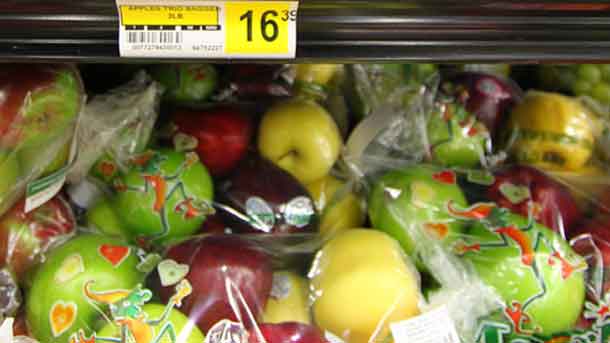
To keep any fresh vegetables, milk, or meats in the grocery stores, the cost of electric power is far higher, and that raises the price for retailers. Simply keeping the store heated in the winter, the refrigerators on, and increasingly in the north during the summer keeping the stores cool is a major factor in the cost of goods sold in those shops.



